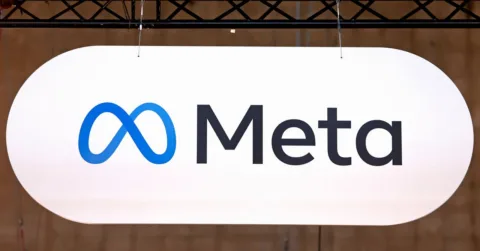Introduction
As artificial intelligence accelerates global innovation, controlling access to the most advanced AI chips has become a geopolitical imperative. In a strategic move, Malaysia has announced new restrictions on exporting U.S.-origin AI chips, a decision aligned with growing concerns from Washington about Chinese access to high-end AI technology.
Malaysia’s New AI Chip Export Controls
On Monday, Malaysia’s Ministry of Investment, Trade, and Industry (MITI) introduced immediate restrictions on the export and transshipment of AI chips originating from the United States. Individuals and companies must now notify Malaysian authorities at least 30 days in advance before exporting these components.
In their official statement, MITI emphasized:
“Malaysia stands firm against any attempt to circumvent export controls or engage in illicit trade activities… violators will face strict legal action under the STA 2010 or related laws.”
These developments position Malaysia as a key ally in the U.S.’s broader strategy to limit China’s access to cutting-edge AI hardware.
Why These Restrictions Matter
Malaysia plays a central role in the global semiconductor supply chain. The new controls bolster global enforcement mechanisms to prevent unauthorized transfers of AI chips—technology that powers large language models, autonomous systems, and advanced military applications.
For tech entrepreneurs and digital marketers, this signals a shift: compliance, traceability, and transparency in the chip trade are becoming critical. Those working in AI infrastructure must now adapt to a regulatory environment that changes quickly and extends across borders.
Uncovering Illicit AI Chip Smuggling
Concerns around AI chip smuggling are not new. In April, Anthropic, a major AI research firm, detailed elaborate smuggling tactics in a widely circulated blog post.
These efforts allegedly included:
AI chips concealed in prosthetic baby bumps
Shipping GPUs hidden among live lobsters
The post highlighted the urgency for tighter global controls and supported new U.S. rules aimed at reducing such illegal activities.
U.S. Export Strategy: A Global Pushback
The U.S. Department of Commerce is expected to issue stricter export regulations on AI chips, reinforcing this effort. According to Bloomberg, the Trump administration is reportedly considering additional bans on exports to Malaysia and Thailand, aiming to close alternative pathways that China could exploit.
In May, the U.S. rescinded the AI Diffusion rules introduced under the Biden administration, signaling a shift in approach but a continued commitment to controlling chip flows.
How Trenzest Helps You Navigate Global Tech Compliance
With global export controls tightening, businesses need expert insights and agile strategy to stay compliant while growing. This is where Trenzest plays a pivotal role.
At Trenzest, we track and analyze trends in AI, technology regulation, and international trade to help startups, marketers, and enterprises understand shifting landscapes and reduce operational risks.
What’s Next for AI Regulation and Tech Businesses?
With enforcement tightening across multiple jurisdictions, businesses in the AI ecosystem must stay ahead of:
Cross-border compliance changes
Export documentation standards
Tech supply chain audits
Entrepreneurs, product managers, and tech marketers need to reframe their strategies, not just around innovation, but around responsible tech development and lawful deployment.
Conclusion
Malaysia’s bold move to regulate the export of U.S. AI chips reflects growing international alignment on the control of advanced technologies. As global power dynamics evolve, staying informed isn’t optional—it’s essential.
Whether you’re building the next-gen AI platform or scaling your tech offering internationally, Trenzest is your partner in navigating regulation, disruption, and growth.




